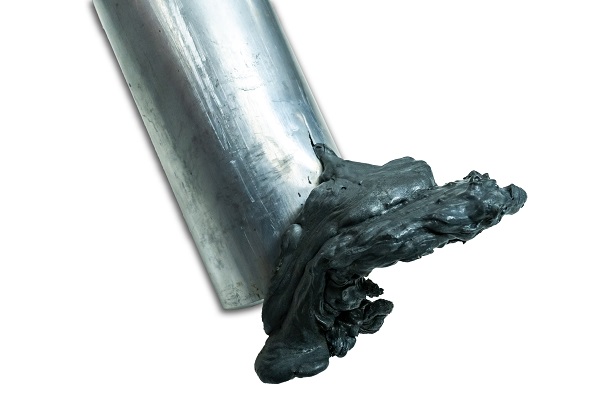Read this free white paper to find out more about UPS capacitors, why they are prone to failure, and what can be done to minimise the risk of breakdown.
Capacitors are an integral part in any UPS system, smoothing, filtering and storing energy. But they are also amongst the components in an uninterruptible power supply that are most likely to fail (along with batteries).
We’ve put together an informative white paper that looks at UPS capacitors in detail. It explores their integral role, how long a typical capacitor should last for, the factors that affect lifespan, what happens when a capacitor fails, and what preventive steps can reduce this likelihood.
What Are The Main UPS Capacitors?
Every UPS includes dozens of capacitors ranging in size from a mini drink can to a large tube of Pringles.
These components are found in the printed circuit boards and the main power section. It’s the latter our white paper focuses on:
- AC input capacitors: these are part of the UPS input filter and/or power factor correction process. They smooth out transients in the incoming mains supply, which reduces output switching noise and harmonic distortion.
- AC output capacitors: these are found in the output filters and they connect to the critical load output. This provides reactive power and controls the waveform of the UPS output voltage.
- DC capacitors: these form part of the rectification system and energy storage and have the role of voltage supply filtering (smoothing voltage fluctuations). They also provide the short-term energy storage for mains to battery transitions that ensure a no-break supply to the critical load.
UPS capacitors naturally age over time, degrading physically and chemically. Even though a capacitor can deliver up to 10 years of service life, best practice advises replacement between years 4 and 8 to reduce the threat of serious failure.
Excessive heat, current and overuse can all shorten a UPS capacitor’s lifespan.

When Will UPS Capacitors Fail And What Happens When They Do?
There are numerous signs a capacitor may be about to fail. Service engineers can spot most of these during a Preventive Maintenance Visit (PMV):
- Leaking oil
- Deformation
- Burnt valve cap protrusion
- Increase in temperature
- Scorched wires
Capacitors generally fail in two ways. Firstly, there’s failing in “open” condition. This is where they basically stop working, which can be quite hard to detect as there’s little visible evidence of malfunction.
The alternative is “short” failure, where there’s an obvious leak of the dielectric medium. Sometimes the capacitor even “pops” like a firework.
There is a third condition too, where the capacitor fails gradually and falls out of tolerance.
Capacitor failure has a negative impact on the wider uninterruptible power supply. Its filtering ability will suffer, so harmonics and electrical noise will be more of a problem. Energy storage volume decreases too, while it can also damage battery strings.
The worst-case scenario of a major capacitor failure will switch the UPS to bypass mode, which obviously leaves the critical load unprotected.



